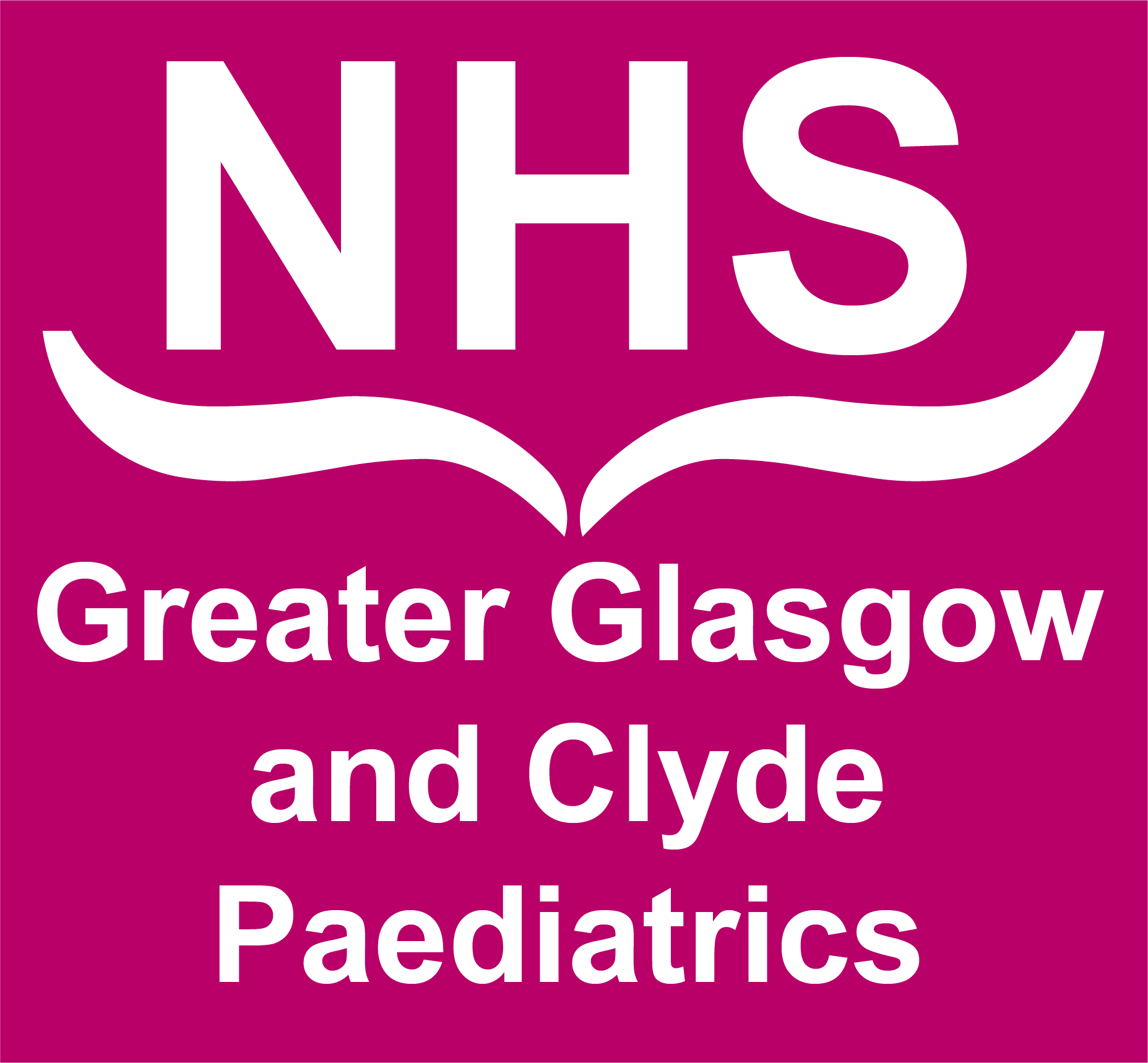a) If extrasystoles persist after birth
- Remain on PNW for 48 hours before discharge home
- 12 lead ECG
- Mon-Fri 9-5pm arrange with cardiology department (84437), out of hours/weekend to be undertaken by the neonatal team
- Auscultate HR for 1 minute
- If ectopic every 10 beats - discuss with cardiology oncall (84440) whether a 24 hour ECG is required
- If less frequent, no further investigations required but the baby should remain on PNW until 48 hrs old
- Discuss 24 hour ECG with cardiology consultant and arrange f/u as required
- If ventricular extra-systoles (VEs) on ECG, discuss with cardiology consultant or oncall cardiology registrar (84440)
b) If extra-systoles have resolved prior to birth
- No postnatal follow-up or investigation is indicated.
